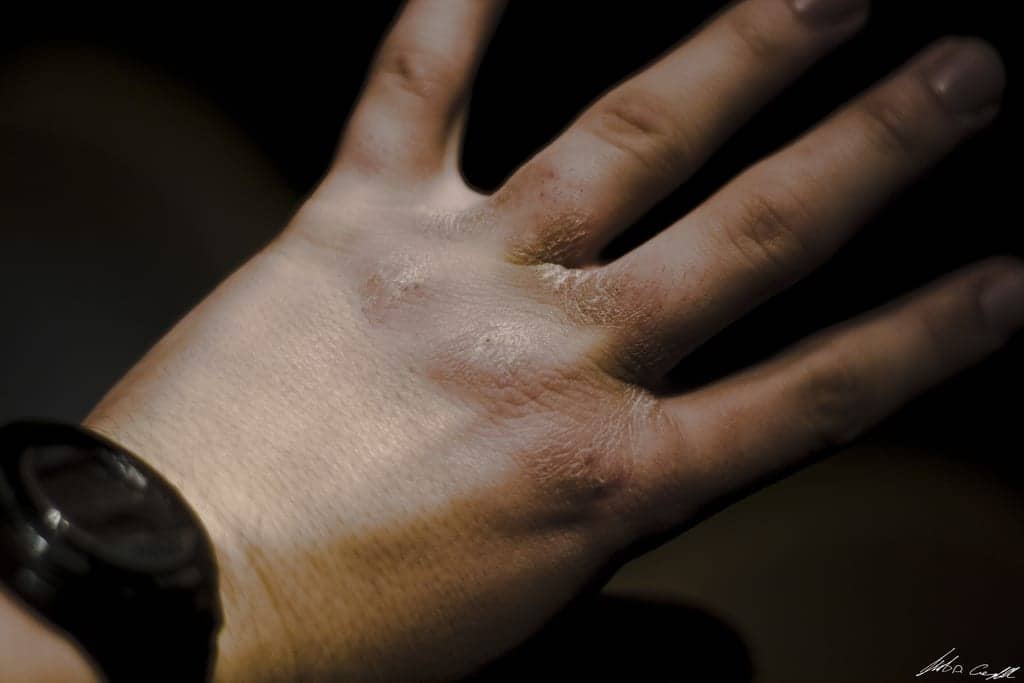Teens are more likely to practice sun safety if they are educated on how ultraviolet rays cause premature aging and mar appearance, as opposed to their link to skin cancer risk, according to a new study in the Journal of the American Academy of Dermatology.
Researchers out of the University of Colorado Cancer Center in Denver recruited 50 subjects from area high schools. All subjects completed questionnaires demonstrating their baseline knowledge about UV light and use of sun-protective behaviors. Then subjects were randomized into two groups, one of which viewed the health-based video that emphasized skin cancer risk, and the other which viewed the appearance-based video that emphasized cosmetic changes due to UV exposure. Six weeks later, they completed questionnaires that showed the knowledge they retained and changes in sun-protective behaviors.
While there was no difference in teenagers’ knowledge – no matter if they had watched the health-based or appearance-based video – the group that had been shown the appearance-based video reported a dramatic increase in the use of sunscreen, the study showed.
“If our end game is to modify their behavior, we need to tailor our message in the right way. And in this case, the right way is by highlighting consequences to appearance rather than health. It’s important to address now – if we can help them start this behavior when younger, it can affect skin cancer risk when older,” says study author April W. Armstrong, MD MPH, investigator at the CU Cancer Center and vice chair of Clinical Research at the CU School of Medicine Department of Dermatology in a news release.




